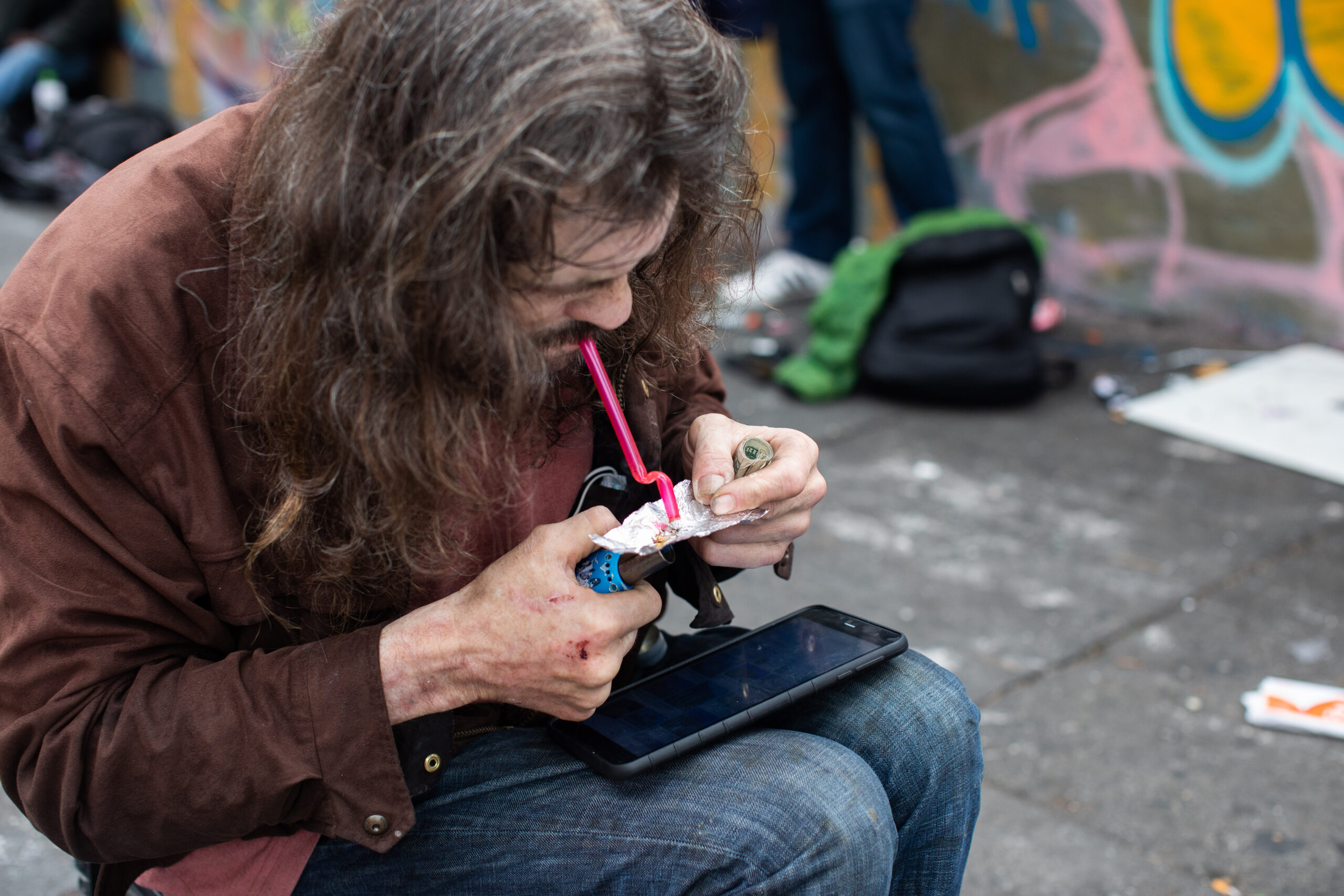San Francisco Mayor London Breed’s plans to compel addicts seeking government benefits to enter drug treatment have already forced the city’s elected leaders to take sides, as two members of the Board of Supervisors made emotional speeches against the proposal and others called for a hearing to see if it’s feasible.
Supervisor Hillary Ronen, a strong supporter of safe-consumption sites and other harm-reduction strategies deployed by city agencies, said at Tuesday’s board meeting that she found the proposal “disturbing” and argued that the plan would be detrimental to opioid addicts seeking recovery.
“So, in other words, we’re going to hit you over the head with more punishment,” Ronen said in a long, emotional speech. “Do we really think the best way to get people better is by kicking them more when they’re down?
Ronen said the plan would disproportionately affect people of color and poor addicts and compared it to Care Not Cash, a program proposed by then-Mayor Gavin Newsom in 2002 and approved by voters, that cut General Assistance cash payments to homeless clients and replaced much of it with housing-related services.
“We’ve had it on the books for decades,” she said. “Are the streets better?”
Supervisor Connie Chan also chimed in, implying the plan was out of step with the city.
“Am I living in Texas, or am I living in San Francisco?” Chan said at roll call. “There is no reason we have to test people to get the help they need and deserve. It is just unacceptable. And I think we all need to take a step back and have some self-reflection, not just inside this chamber but all up and down this building.”
The speeches prompted supervisors Rafael Mandelman and Catherine Stefani to move ahead with a planned hearing request on the city’s treatment-on-demand policy.
“We can have the conversation about whether that it’s horrible or not,” Mandelman said.“I think that in a city that has hundreds of overdose deaths every year, it’s worth trying. I think we should be shifting to ‘Be a city that supports sobriety and helps folks start a new life.’ My concern, though, is a more practical one: Is the city actually going to be able to pull this off?”
Stefani also said she was willing to explore the policy, referencing her own family’s experience with addiction as motivation.
“I can’t even begin to tell you the struggle my family and my parents went through in terms of trying to get my brother the help he needed,” she said. “So I concluded that giving people money to do the drugs that might kill them might be a problem.”
She also referenced recent issues with oversight of nonprofits that provide the city with drug treatment services, including her request for an audit of HealthRight360, the city’s largest provider, after it paused intakes into its detox program. HealthRight360 took over the program from troubled provider Baker Places.
Board President Aaron Peskin took the last word on the issue—for now—with a press release impugning Breed issued shortly before the board convened.
“If [Breed] can’t find the way to prevent several-hundred brazen criminals from selling deadly drugs—how does she think she will find the resources to drug test thousands of welfare recipients?” the statement read. “[T]his would simply be silly politics if the issues we face as a city were not so serious.”
